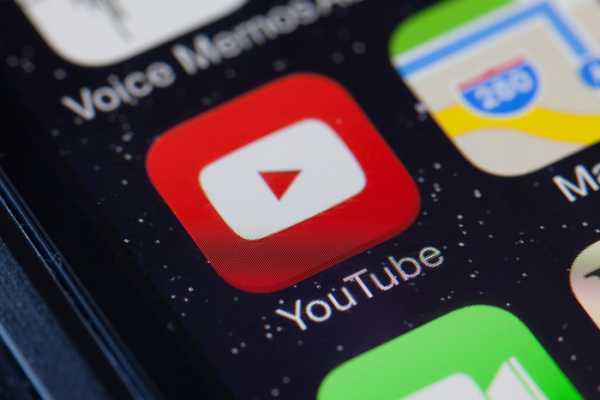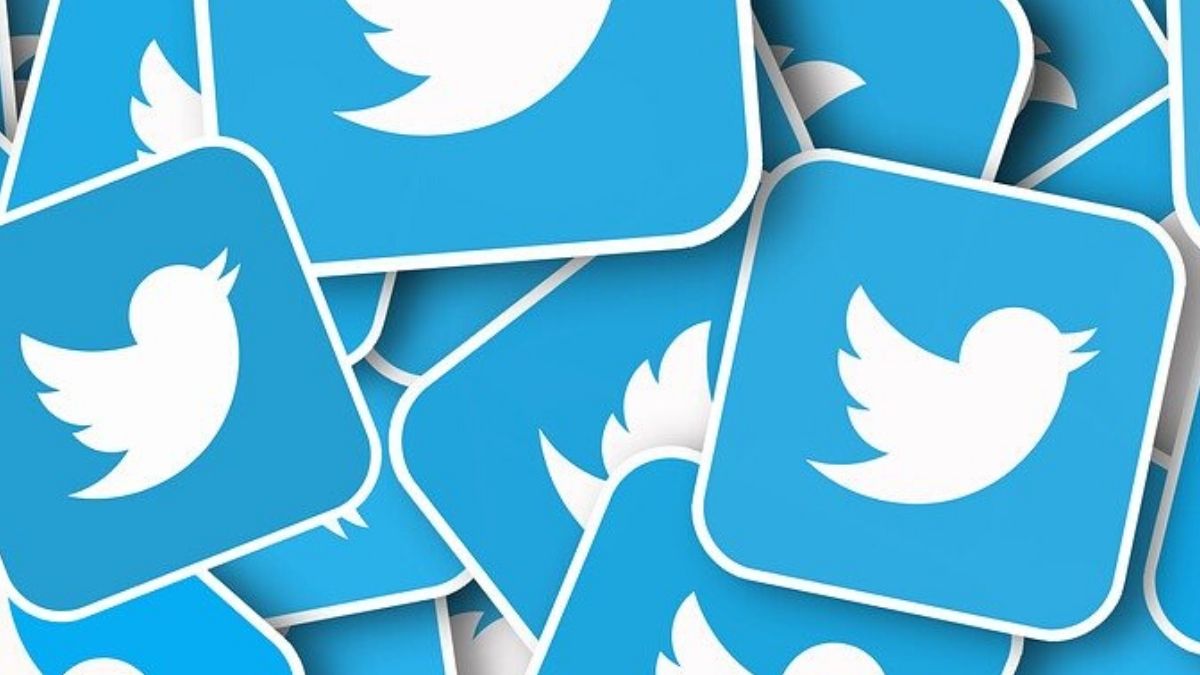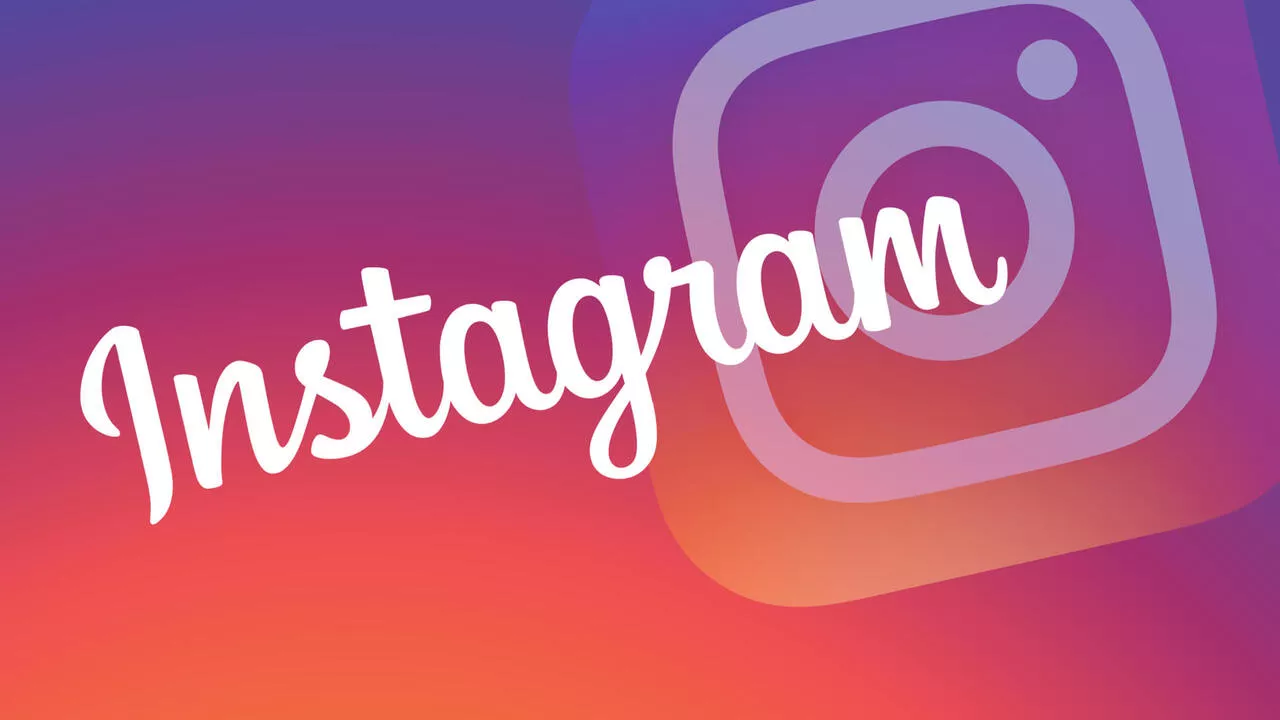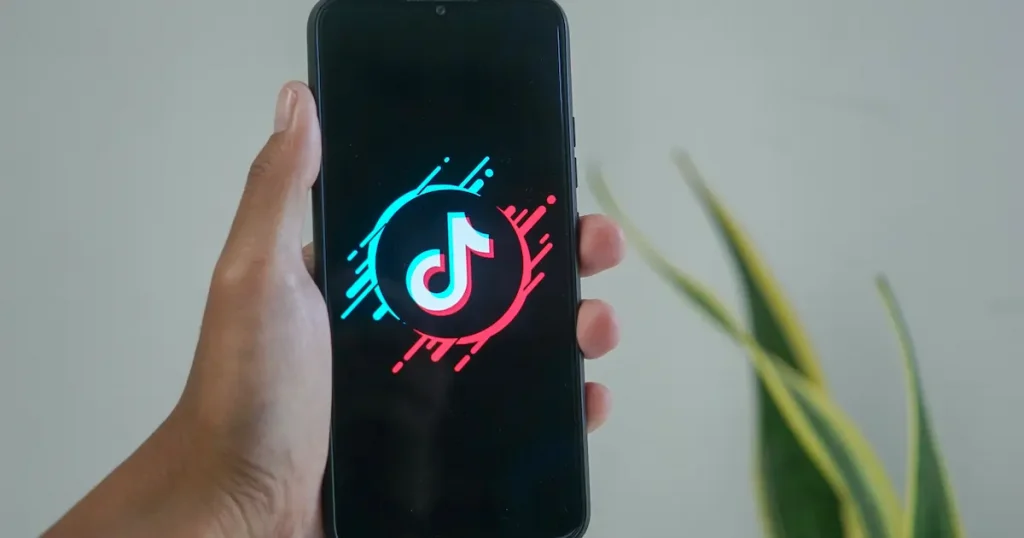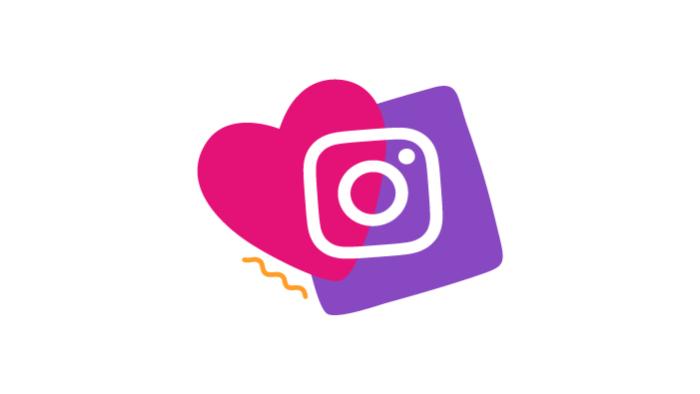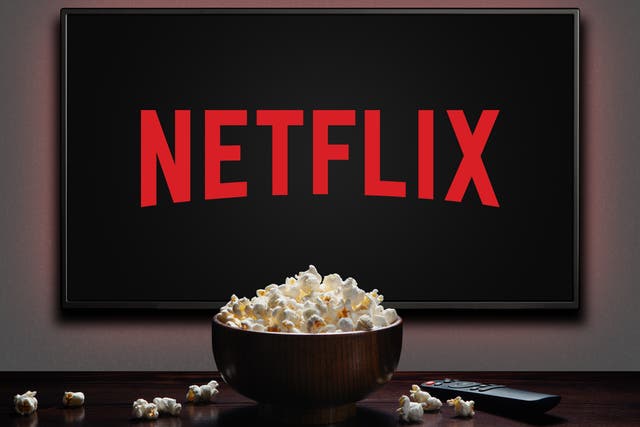
Netflix . January 10, 2024
comedy movie NETFLIX
The end of summer is in sight, life is pregnant with new stresses. When we add to the intensity of the agenda, we may need some relaxation. For those who seek refuge in movies, we have selected the 10 safest comedy movies in Netflix Turkey's library. Foreign or local? Make your choice and go to the screen.
Read More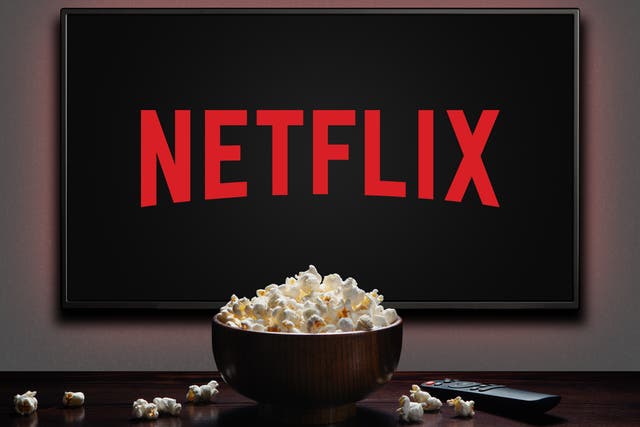
Netflix . January 10, 2024
Netflix Romance Movies
Who can say no to a romantic movie that will warm us up in the cold winter months? Here are Netflix movies that have a little bit of comedy or drama, as well as a lot of romance!
Read More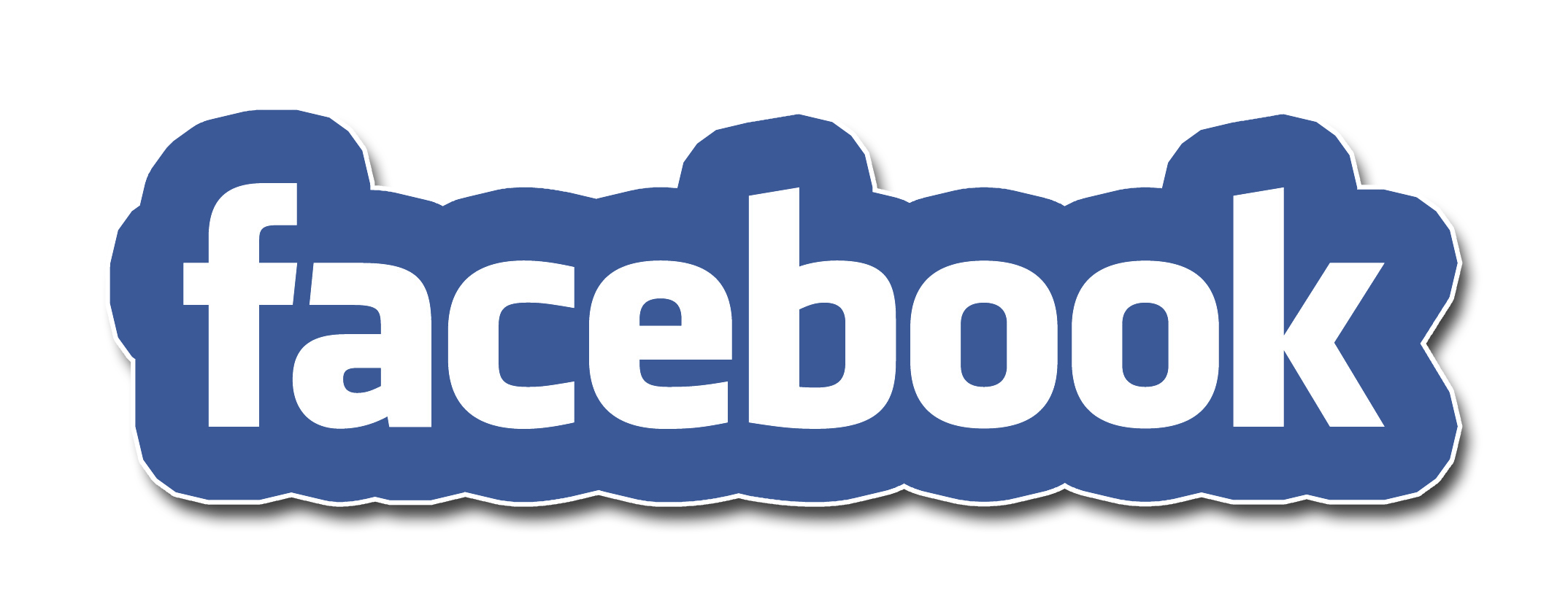
Facebook . January 10, 2024
What is the Facebook Rule of 20?
The platform, which has been regularly updated according to the needs of its users since its establishment, makes the work of users on social media easier.
Read More
Snapchat . January 10, 2024
Introducing Content Controls in Family Center
Last year, we launched Family Center on Snapchat, giving parents a way to get insight into who their teens are interacting with on Snapchat, while still protecting their teens' privacy.
Read More
Snapchat . January 10, 2024
We're looking for AI experts for Snap's Security Advisory Board
This time last year, Snap invited qualified experts to apply to join our new Security Advisory Board (GDK);
Read More
Snapchat . January 10, 2024
Snapchat's tools and resources
Snapchat has in-app tools that allow users to block people who harass them and report specific Snaps (photo or video) and accounts.
Read More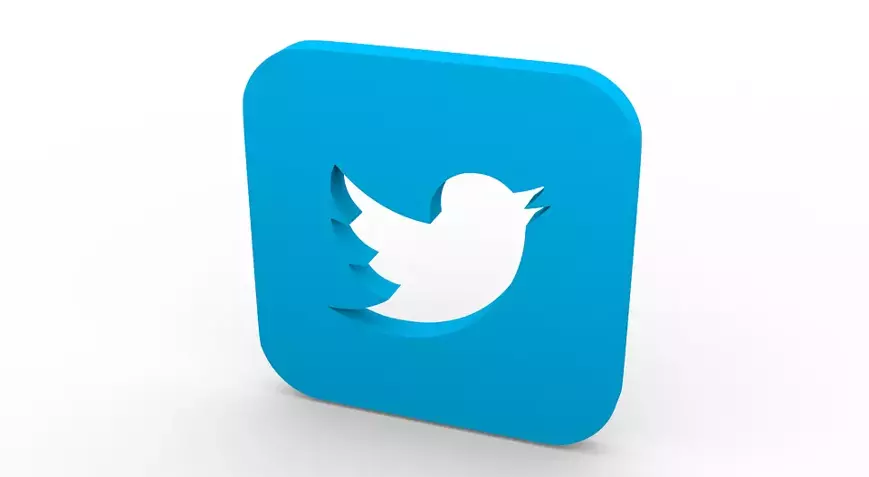
Twitter . January 9, 2024
Twitter is Becoming X: 10 Features Coming to X
In September 2022, Elon Musk created a buzz by purchasing the social media giant Twitter in a huge deal worth $ 44 billion. After this acquisition, many people were wondering what kind of transformation Twitter would undergo. With many new features that brought controversy, the expected radical change took place and Twitter experienced another historical moment. With the radical decisions made by Elon Musk, Twitter has now turned into a super application named
Read More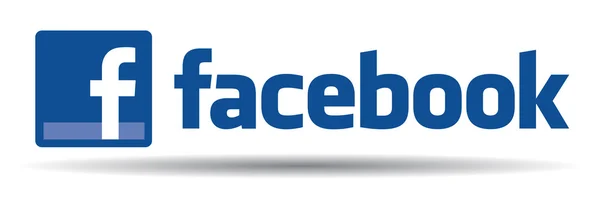
Facebook . January 9, 2024
A sensational feature is coming to Facebook, it will now be more useful
Meta is looking for new ways for Facebook, which has lost its popularity recently. In this context, the company recently announced the important features it added to the application.
Read More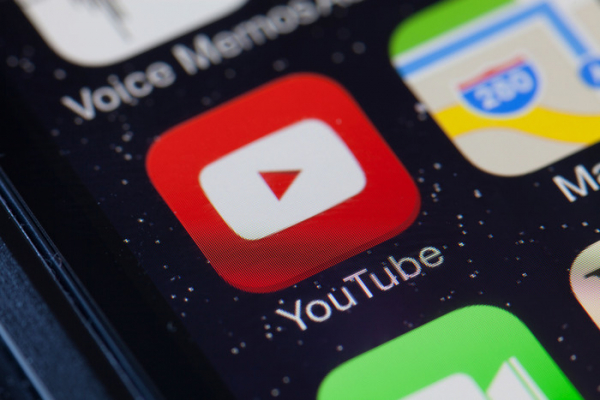
Youtube . January 9, 2024
New features for YouTube
New features for YouTube: It will encourage you to become a Premium member
Read More
Netflix . January 9, 2024
New Features Introduced to Netflix's Special Plan
Today, we're excited to announce new features available to members who are currently on a Private plan, who choose to upgrade, or who sign up for this plan for the first time, at no additional cost.
Read More





